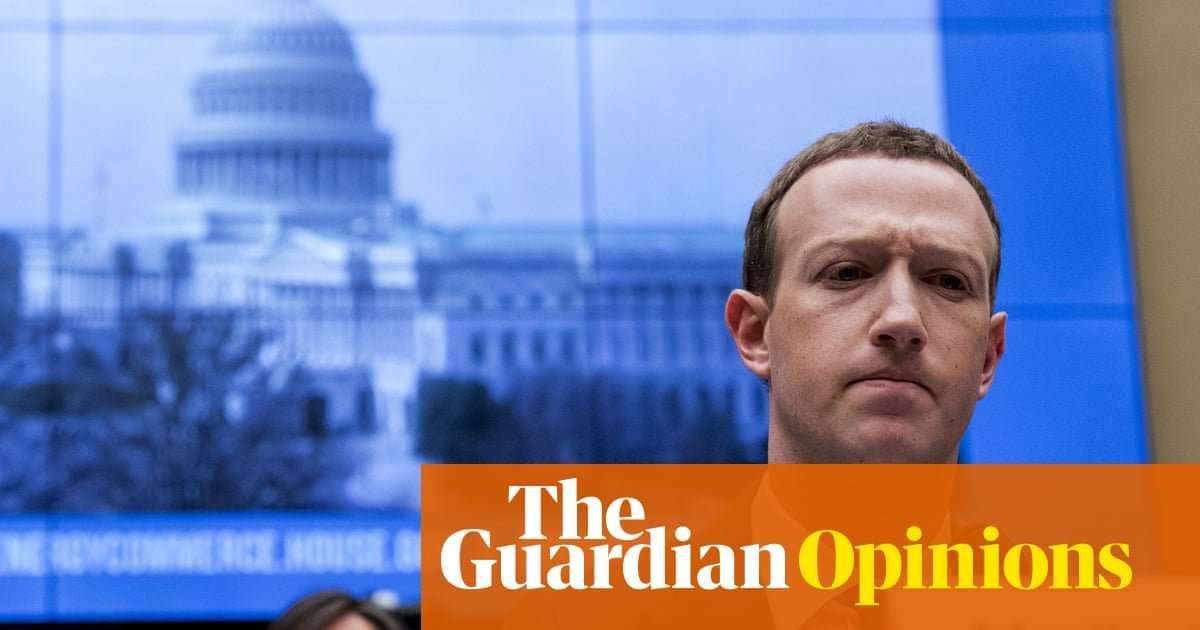Mark Zuckerberg’s recent opinion piece in the Washington Post is a monument to insincerity and misdirection. The essay offers proposals to address four important issues – harmful content, election protection, privacy and data protection, and data portability – but each proposal is transparently self-serving. The popularity of internet platforms cannot obscure or justify the harm they enable. The time has come to address that harm, to consider if and how internet platforms can operate without undermining civil society. While I applaud Zuckerberg for trying to engage policymakers, I do not think anyone should take these proposals seriously.
From the time I first reached out to Zuckerberg in October 2016 with my concerns that Facebook’s business model and algorithms allow bad actors to harm innocent people, the company has denied and deflected responsibility for the consequences of its choices. A cascade of evidence has undermined that strategy, enlarging the scope of criticism and forcing Facebook to adopt a more conciliatory tone. That tone stands in stark contrast to that of Google, which is guilty of many of the same business practices and harms, yet has received far less attention for them.
By draping his essay in the guise of cooperation, Mark Zuckerberg hopes to distract policy makers from the real threat
To its credit, Zuckerberg’s essay addresses four genuine issues with the Facebook platform. The first of these, harmful content, may be beyond the power of Facebook and regulators to resolve. With more than 2.5 billion active users posting billions of times a day on a platform with no circuit breakers, firewalls, or containment strategy, Facebook has no way to prevent hate speech, disinformation and conspiracy theories. The problem begins with the architecture of the internet, which encourages anonymity, empowering bad actors, while also enabling the disaffected to find each other and coordinate their activities at a scale never previously possible.
While Facebook blocks billions of inauthentic accounts every year, its private groups and advertising tools enable bad actors to gather and do harm with little risk of discovery. In his essay, Zuckerberg recommends delegating responsibility for identifying the kinds of content that can be shared on internet platforms to government, a change that would effectively protect Facebook from criticism and legal responsibility without addressing the underlying problems.
A similar issue arises with Zuckerberg’s proposal for protecting the integrity of elections. Election advertising has become indispensable to candidates, and a large business for Facebook, due to an unprecedented ability to target users. Facebook did not police election advertising through 2016, enabling interference by Russia and other countries in elections in the United States, the United Kingdom and Europe. While Facebook has since implemented some safeguards, in the form of controls on election advertising, it has struggled to distinguish election advertising from ads promoting election-related journalism. Shifting responsibility to government would simplify Facebook’s operations and limit its legal exposure.
Zuckerberg’s final two proposals – relating to privacy and data portability – are also self-serving, but in ways that go beyond legal liability. With respect to privacy, Facebook has a terrible track record, having made the sharing of private user data with business partners a core part of its strategy for many years. Zuckerberg now calls for extending protections modeled on the European Union’s Global Data Protection Regulation to the entire world.
I welcome Zuckerberg to the conversation, but do not believe he should be allowed to frame the debate
In the context of data portability, Zuckerberg has reversed himself, arguing that user data should be sharable across platforms. While both proposals sound constructive, they are cynical. The Global Data Protection Regulation protects only the data that users contribute to a platform. The same is true of Facebook’s proposal on data portability. Neither proposal addresses metadata, browsing history, and data about users acquired from third parties, from which Facebook and other platforms build data avatars of every consumer, including those who do not use their services. Metadata, browsing history, and data about users acquired from third parties enable microtargeting and behavior modification, which create huge value for Facebook and also Google, and I expect both companies to concede just about anything else to protect such data and business practices from regulation.
By draping his essay in the guise of cooperation, Zuckerberg hopes to distract policymakers from the real threat. Internet platforms like Facebook and Google dominate the public square in every country in which they operate. Their code and algorithms influence our daily lives in ways far more intrusive than democratic governments or the law. No one elected these companies and they refuse to be held accountable. That must change. I welcome Mark Zuckerberg to the conversation, but do not believe he should be allowed to frame the debate.

hoilst on April 2nd, 2019 at 13:21 UTC »
This is classic regulatory capture, folks.
Now that the Facebook is the biggest player in social media around, Mark-Bot up there wants to be the one to help the politicians design legislature around it - you know, the sort of stuff that would make it incredibly hard to compete with FB for any startups.
graysonuk on April 2nd, 2019 at 11:53 UTC »
Last time I checked the internet wasn't broken. The sites like Facebook are what's broken.
MuPPeT_1 on April 2nd, 2019 at 11:52 UTC »
I stopped using social media ever since “online screening” became a thing prior getting hired. I still get the “oh, wow you don’t have any social media” replies from a lot of people.